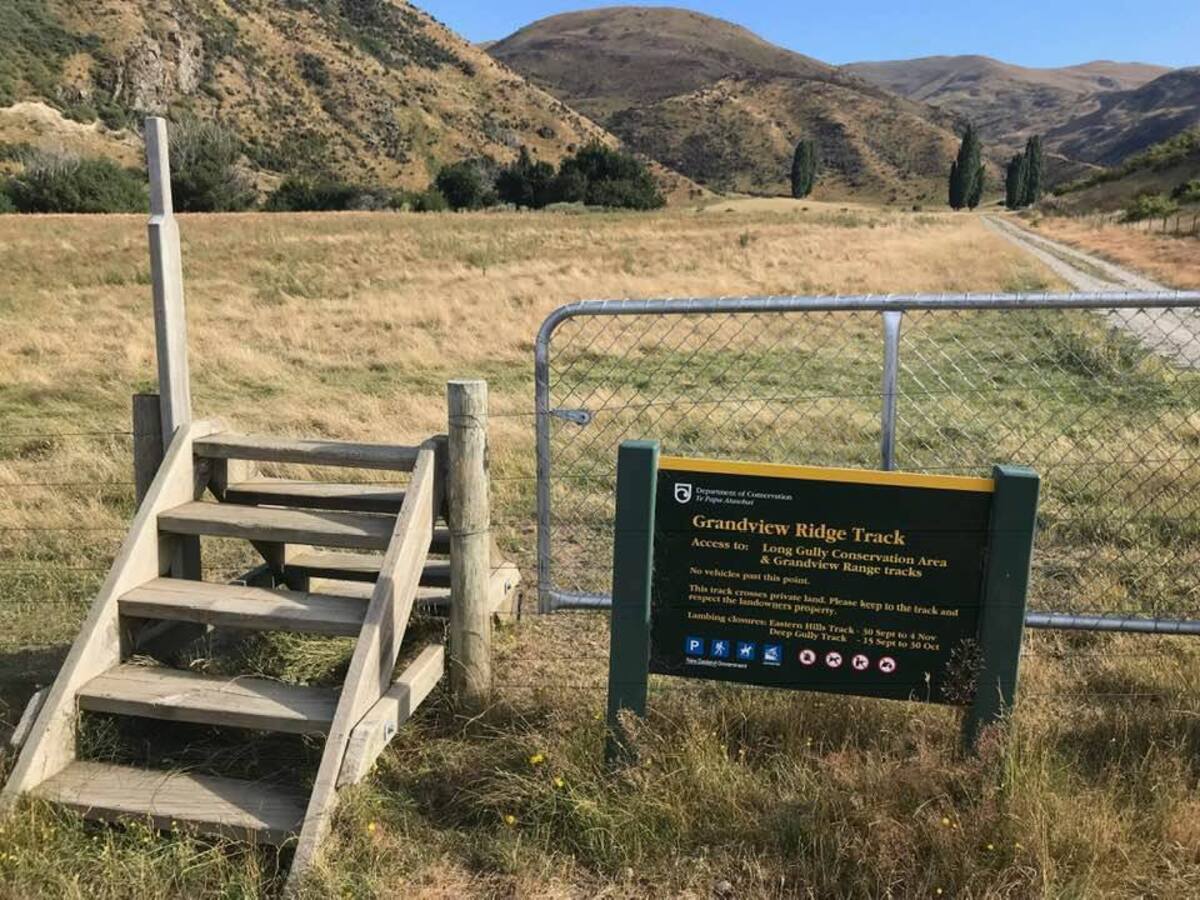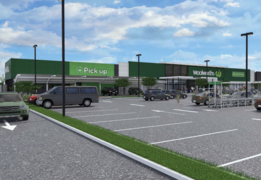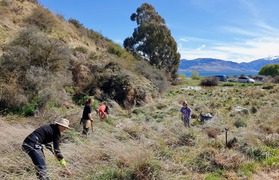Questions over DOC user-pays proposal
Maddy Harker
19 November 2024, 4:00 PM
 Should there be a charge to visit New Zealand’s natural attractions, and if so which ones, and should they apply to Kiwis? These are some of the contentious questions which form part of a current government proposal.
Should there be a charge to visit New Zealand’s natural attractions, and if so which ones, and should they apply to Kiwis? These are some of the contentious questions which form part of a current government proposal.Queenstown Lakes mayor Glyn Lewers has weighed in on the government’s proposal to charge visitors for access to some national parks and conservation areas.
The Department of Conservation says charging for access to public land is a significant opportunity for conservation, which would support a fairer user-pays system and improve the experience of all visitors.
Glyn told the Wānaka App while he was broadly supportive of the proposal, there are “big questions still to be answered”.
“I’m a keen advocate of regenerative tourism, and ‘user pays’ access to our environmental taonga should definitely be explored. This is a similar rationale to the visitor levy that we have long advocated for,” he said.
“As Destination Queenstown has already pointed out, the whole funding model needs to be considered holistically – how does the International Visitor Conservation and Tourism Levy, national park access and any local visitor levy work together? What are these revenue streams spent on, and who are they channelled to?”
He said there was “significantly more work to be done”, including answering the important question of whether or not domestic visitors and Kiwis would pay, or just international visitors.
Despite the unanswered questions, Glyn said it was “good to see that the government is acknowledging that visitation comes with a cost.”
Regional tourism organisation Lake Wānaka Tourism (LWT) also believed the details of the user-pays proposal will be important.
“We believe any such framework should be thoughtfully designed, incorporating public and stakeholder input and reflecting values such as inclusivity, fairness, and alignment,” LWT head of tourism Gizelle Regan told the Wānaka App.
“Funds generated should be transparently allocated to conservation, infrastructure improvements, and initiatives that benefit both residents and visitors.”
Public consultation of the topic is open now.
“The world has changed considerably since the Conservation Act was enacted in 1987,” minister of conservation Tama Potaka said. “These proposals are intended to bring our conservation system up to date, better protect biodiversity, and enhance our ability to manage growing tourism sustainably.”
The minister said he wants to hear from the public on the proposal, in particular on key questions over who should be charged, which locations should have fees, and how revenue should be used.
There are two discussion documents on the proposal available for members of the public to read, before public consultation closes in February 2025.
“I encourage all New Zealanders to read them and share their views,” the minister said.
QLDC confirmed it was working on a submission.
Find the discussion documents here.
PHOTO: Wānaka App







